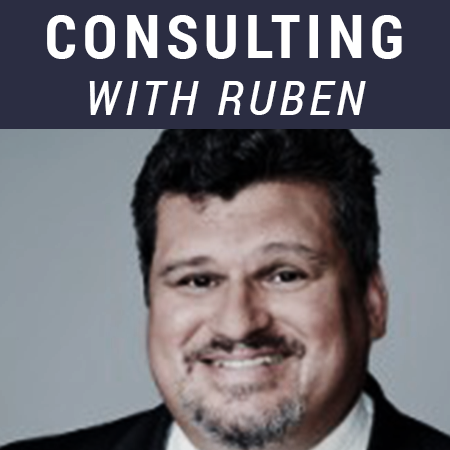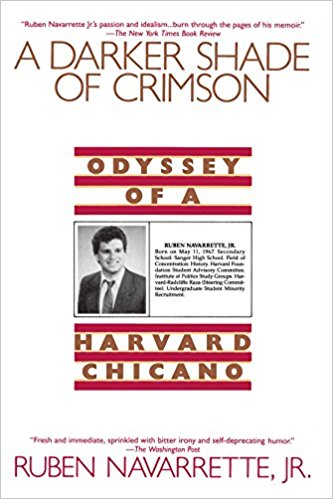SAN DIEGO — Is Donald Trump a white supremacist? It seems that George W. Bush thinks the robe fits.
Based on hard-hitting remarks Thursday that seem to have been aimed at Trump, one can infer that the former president believes the current occupant of the Oval Office has emboldened white supremacists, promoted bigotry and fueled a spike in what Bush called “nationalism distorted into nativism.”
Speaking at an event in New York City sponsored by the George W. Bush Institute, Bush reminded this nation of immigrants of “the dynamism that immigration has always brought to America” and pushed back against those who divide the country.
“Our identity as a nation, unlike many other nations, is not determined by geography or ethnicity, by soil or blood,” he said. “This means that people from every race, religion, ethnicity can be fully and equally American. It means that bigotry and white supremacy, in any form, is blasphemy against the American creed.”
Hearing these words, I smiled. And all I could think was: Oh boy, do I miss me some W.
(Disclosure: I’m a senior adviser at the Bush Institute in Dallas.)
Trump is the second U.S. president to make me nostalgic for the 43rd president. The first was Barack Obama.
Bravo to 43 for expertly diagnosing what ails America, and for reminding us that there is nothing wrong with our country that can’t be fixed by what is right with it. As Bush said, “To renew our country, we only need to remember our values.”
As to whether Trump is a white supremacist, many Americans consider the question a no brainer. My family and friends have held this view for many months, and they’ve tried to convince me to jump on the bandwagon. They get frustrated that I don’t see what they see.
But I’m just not there yet, I tell them.
For one thing, I’m not sure Trump fits the definition of the term. A white supremacist looks in the mirror every day, and he’s thankful for having white skin. And he feels superior to those who don’t have white skin.
It’s visual.
With Trump, there’s no doubt that he sees himself as superior to the rest of us. Never have we had a president who loved himself this much, with perhaps Bill Clinton running a close second. When Trump looks in the mirror, I bet he sees a 25-year-old Robert Redford staring back.
But Trump’s egotistical view of himself and his exaggerated self-importance appear to have little or nothing to do with him having white skin. They stem from the fact that he’s rich, and hails from Manhattan — which any New Yorker will tell you is the center of the universe.
It’s not visual. It’s visceral.
However, I will go along with Trump’s critics on their other two contentions about the president — that he shamefully rode to the highest office in the land, in part, on the steam of anti-Latino nativism and that he has, on occasion, just as shamefully flirted with racism and ethnocentrism when discussing everything from Latino federal judges to Muslim refugees to African-American professional football players.
Still, every day is a new day, and recent events have forced me to go back and give more thought to what my friends and family have been trying to tell me about the president being a white supremacist.
When Trump insists that China is eating our lunch on trade, or that Mexico is flooding the United States with drugs, or that Puerto Rico will soon be on its own even as it struggles to recover from a devastating hurricane — but he doesn’t say the same about corners of the world that are led by white people, well, what conclusions are we to draw?
And when Trump puts in a condolence call to a military widow who happens to be African-American, and he finds himself embroiled in a controversy over whether he was rude, insensitive, glib and dismissive, as has been asserted by an African-American congresswoman, well, what are we supposed to think?
Here’s what I think: The issue isn’t just how Trump sees himself but how he sees others. His sense of supremacy stems not only from his deep-rooted narcissism, but from the fact that he looks down on people who don’t look like him. In that regard, the problem isn’t that he sees himself as superior. It’s that he sees so many other people as inferior.
Ruben Navarrette’s email address is ruben@rubennavarrette.com.
(c) 2017, The Washington Post Writers Group





